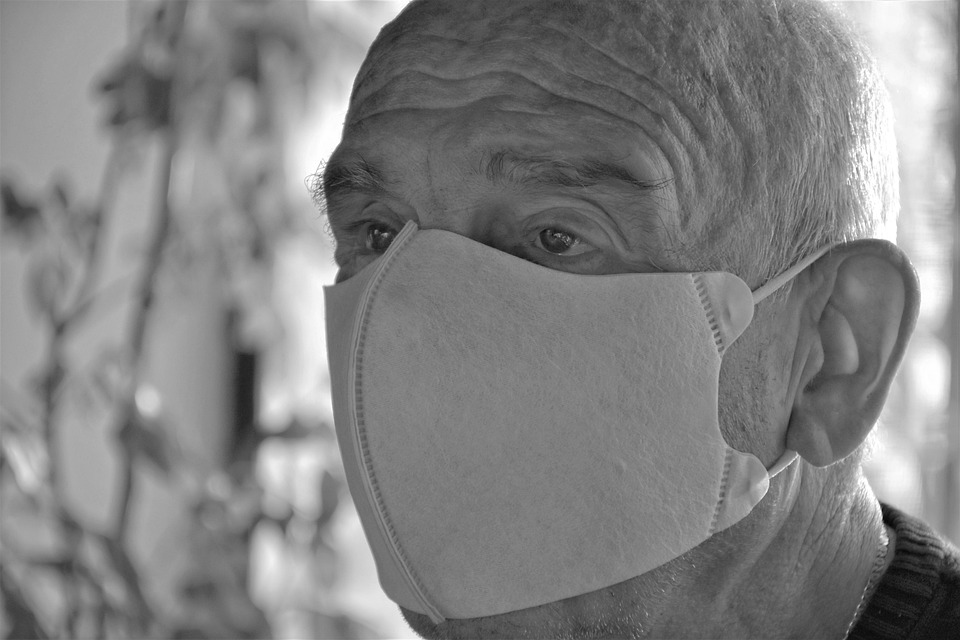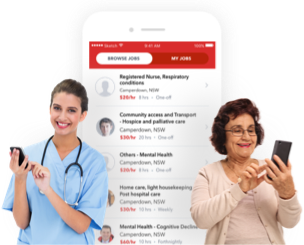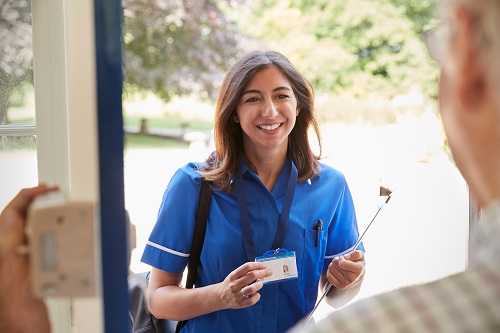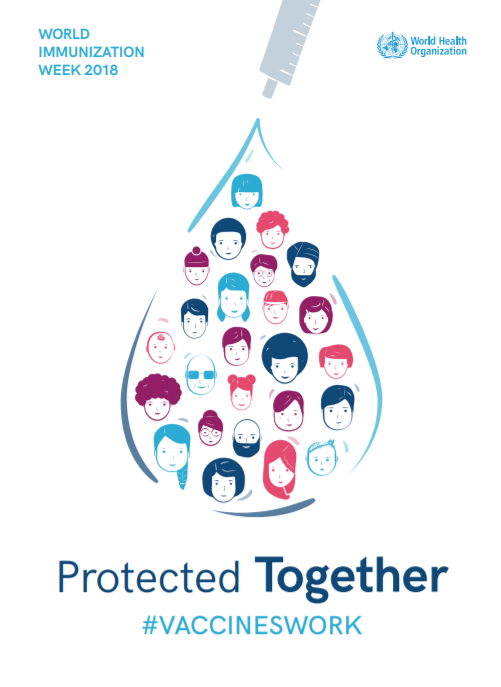The Seniors’ Guide to Navigating the “New Normal”

COVID-19, also known as the coronavirus, is now mostly contained in the country, allowing Australians to breathe a small sigh of relief. However, things aren’t back to the way they were before the pandemic struck and it’s still uncertain if we’ll ever see a return to our old routines. So now we’re going to have to navigate what’s known as the “New Normal.” But what exactly does the “New Normal” mean for seniors?
We’ll be frank; it’s still a developing situation. As of the time of this writing, some states that previously eased their restrictions, like Victoria, have seen a resurgence of COVID-19 cases. But we’d like to share some things we’ve learned about what the New Normal can be like for the elderly.
The New Normal for older adults: some tips and reminders
Take proper safety and hygiene precautions
Seniors and those with co-morbidities are especially at-risk for COVID-19 infections, so if you’re a member of either group, you’ll need to be even more careful than the rest of the population. This means the following:
- Stay on top of your hygiene – Wash your hands frequently with soap and water, especially before and after using the loo. You should also use alcohol-based sanitisers, not alcohol-free ones, when you aren’t able to wash your hands.

- Refrain from touching your eyes, nose, and mouth
- Cover your nose and mouth when your cough or sneeze – Do this with a piece of tissue or with your elbow but make sure you dispose of the tissue paper immediately or disinfect your elbow.
- Disinfect surfaces and objects often – Wipe off tables, light switches, and door handles, especially before and after touching them. Do the same with your mobile phone and keys, as well as other shared items.
- Go cashless – As much as possible, use tap for your transactions so you don’t have to exchange money.
- Let clean air circulate – Open windows to let fresh air in and make sure your air conditioner is clean.
- Do not ignore symptoms – Especially if you’re located near or in the areas where outbreaks have occurred, quarantine yourself immediately and call your MP if you develop a cough, sore throat, fever, or have difficulty breathing.
- Maintain physical distance – 1.5 metres or 2 arms’ length is the prescribed minimum distance you should be from other people.
- Avoid handshakes, kisses and hugs for now – Unfortunately for seniors who are more inclined to physical affection, it’s recommended to avoid this, especially for people you don’t already live with. Instead, consider other non-contact ways to express your happiness at seeing friends and family, like a friendly wave or a slight bow.
Stay home
Currently, the best advice for seniors and those with chronic illnesses is to hunker down at home. Although restrictions somewhat relaxed in some places, while there’s no way to prevent or cure the coronavirus, the rule of thumb for high risk individuals is still to stay at home and avoid non-essential travel. We expect that this will be the case for a long while unless there is a breakthrough in research for a vaccine or cure.
So what does this mean?
- Consider shopping from home – Instead of heading out to the shops, you’ll want to purchase groceries and other items from home and have them delivered. The good thing is that a number of businesses like supermarkets, bookstores, and even clothing shops have adapted to the situation and are now offering online shopping capabilities. Naturally, this means you can pay through tap or credit card online.
Note that if you’re registered with the government’s My Aged Care programme for elderly citizens, certain suppliers like Coles and Woolworths can give you access to priority delivery services if you provide your My Aged Care number. (If you’re aged 65 and above but haven’t registered, call the department at 1800 200 422 to get started.)
- Consult the doctor via telehealth – Instead of heading to the doctor when you’re not feeling tiptop, you can contact a health care practitioner via phone and video conferencing. This keeps contact between patients and health care personnel at a minimum, to keep everyone safer.
The Australian Government’s programme in support of this runs until 30 September 2020. (You can check out the COVID-19 Temporary MBS Telehealth Services factsheet for more details.)
- Coordinate with your chemist’s to have your medicines sent to you – Skip the trip to the pharmacy; have your medicines delivered so you aren’t exposed to other people.
- Have food delivered – If you enjoyed going out to dinner before the pandemic restrictions, we understand that you might be missing this activity. In lieu of that, you can have food delivered by your favourite restaurants. Because of the current situation, many food businesses now offer takeaway or delivery. That said, it should also be helpful for Meals on Wheels recipients to know that the service is still ongoing throughout the COVID-19 restrictions. An advisory on their website talks about the organisation’s efforts to follow safety precautions and offers guidelines on how their service works while maintaining physical distance.
- Install the COVIDSafe app on your smartphone – In case you do need to go out – although we implore you to avoid going out if you absolutely can, make sure you have app on your phone. If you’re not familiar, the COVIDSafe app is a contact-tracing app that helps government health officials get in touch with people who may have been exposure to the virus. Downloading it is absolutely voluntary but it it’s a huge help for our government in finding who might have been infected to help recommend testing and quarantine.

- For carers, come up with activities for seniors at home – We have a list of activities you can do online below, but in case your senior gets bored or fatigued by being online for long stretches of time, here are some suggestions you can look into:
- Arts and crafts projects
- Crosswords and word searches
- Spot the difference activities
- Quizzes and trivia activities
- Board and card games
- Memory care activities especially for those suffering from dementia
- Printable colouring sheets
- Indoor gardening
You can call the Older Persons COVID-19 Support Line
The coronavirus’ impact on our lives is so deep and encompassing, and it’s understandable to feel overwhelmed, no matter what age you are. To address this, the government has created a COVID-19 support line for the elderly.
This hotline is meant for issues concerning COVID-19, such as if you want to learn about the restrictions and their effects, if you feel alone or are concerned about loved ones, if you want support and want someone to listen, or want to learn about COVID-19’s effects on aged care services.
Seniors or their carers can call the number 1800 171 866 on Mondays to Fridays, from 8:30am to 6pm.
Technology will help seniors stay in touch
Because the elderly are advised to stay at home indefinitely, and it’s not exactly advisable to accept visitors from other homes, now more than ever, seniors will have to rely on technology to help stave off loneliness and keep engaged.
Here are some things that you, as a senior, might expect to do through technology, whilst the pandemic has no vaccine or cure:
- Keep in touch with family members and friends solely through the phone or the internet – If you live away from your loved ones, it may be a while until you’re actually able to be in the same room as them. It’s difficult, but for the meantime, you can still keep updated by calling them on video and phone. Fortunately, there are lots of ways to do this, with Zoom, FaceTime, FaceBook Messenger, and the like now widely available.
- The Community Visitors Scheme is pivoting to the internet and phone – If you’ve previously signed for with this volunteer visiting programme for the elderly (this is for recipients of government-funded residential aged care or home care packages), don’t worry because COVID-19 hasn’t stopped the scheme. However, to keep everyone safe and comply with visiting restrictions, the “visits” will be done through phone or video calls.
If you haven’t signed up but you or someone you know might be interested, read about the Community Visitors Scheme here.
- Sign up for classes online – Even if the elderly have to stay in their homes, they don’t have to miss out on fun activities. Here are a few things you can look into:
- Senior Friendly Exercises – The Active Seniors Facebook page is hosting a few fitness videos for elderly adults who want to stay active. Similarly, the Edith Cowan University has at-home exercises for seniors on their YouTube channel
- Online art classes – You can scour YouTube for a variety of easy-to-follow art workshops depending on your skill level. The Virtual Instructor is a good place to start. If you’re feeling nostalgic, universally-beloved TV painting instructor Bob Ross’ old videos are also available on the said platform.
- Learn to Cook – If you’re still handy in the kitchen, or want to learn how to make delectable dishes, you can find thousands of recipe videos online (from all over the world) and for free!
- Take college and uni-level courses – Want to challenge yourself? There are a number of free and paid courses available online on a variety of topics. Some popular platforms are Coursera, FutureLearn, EdX and Udemy.
There are lots of options available, especially now that many institutions and schools are turning to online classes for the time being. You can discover new hobbies on SkillShare.com and Lynda.com or take distance learning Bachelor’s courses at some of the world’s top universities if you looked hard enough!
- Travel! – Of course, it’s not exactly the same as packing your bags and driving or flying off to some exotic locale, but the next best thing given the circumstances are the virtual travel opportunities where you can go to the world’s top museums, national parks, and more all while keeping your social distancing. The bonus is it’s free and you won’t have to worry about walking too far. Thrillist has a good starter list for virtual trips here.
- Watch plays or concerts at home – Miss watching concerts? Check out the hashtag #TogetherAtHome on YouTube for performances from quarantining musicians, or buy tickets for the online concerts from the Melbourne Digital Concert Hall. Miss Broadway and West End? Here’s a guide to shows you can watch online.
- Learn how to be safe online –Most importantly, since you’ll be especially reliant on the internet for the interim, knowing how to use it properly and protect yourself from scammers (there have unfortunately been a number since the pandemic started) are key. To get on top of that, you can take free eSafety classes offered by the Ministry for Communications, Cyber Safety, and the Arts and the Ministry for Aged Care and Senior Australians.
Healthcare at home
As we mentioned earlier, as much as possible, the elderly and at-risk population should stay at home so telehealth consultations are recommended if you’re not feeling well – the exception being if you suspect that you have been exposed to COVID-19 or if there’s an emergency.
Home health care providers, meanwhile, will still continue to assist the elderly but the government has created guidelines to ensure the safety of all concerned. For instance, providers should have completed the government’s COVID-19 training module, use personal protective equipment (PPE) is, and they should not report to work when ill and until they are cleared by a medical professional.
(Read for more information for home health care providers.)
It’s not an easy thing to figure out what the New Normal is going to be like for Australia and the rest of the world, for sure. But rest assured for our elderly that Kalinga Health will be here, trying our best to offer our support and services while we all navigate this strange new territory. If you have any inquiries about our home health care services during this time, please get in touch with us at +61 435 358 222.
Remember: stay home, stay safe and wash your hands!





 Aging in Place: A guide to home care services for seniors
Aging in Place: A guide to home care services for seniors
 Immunisation for Older Adults – What You Need to Know
Immunisation for Older Adults – What You Need to Know